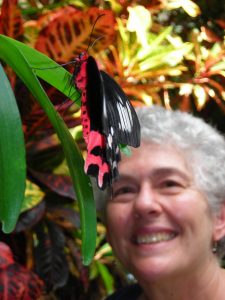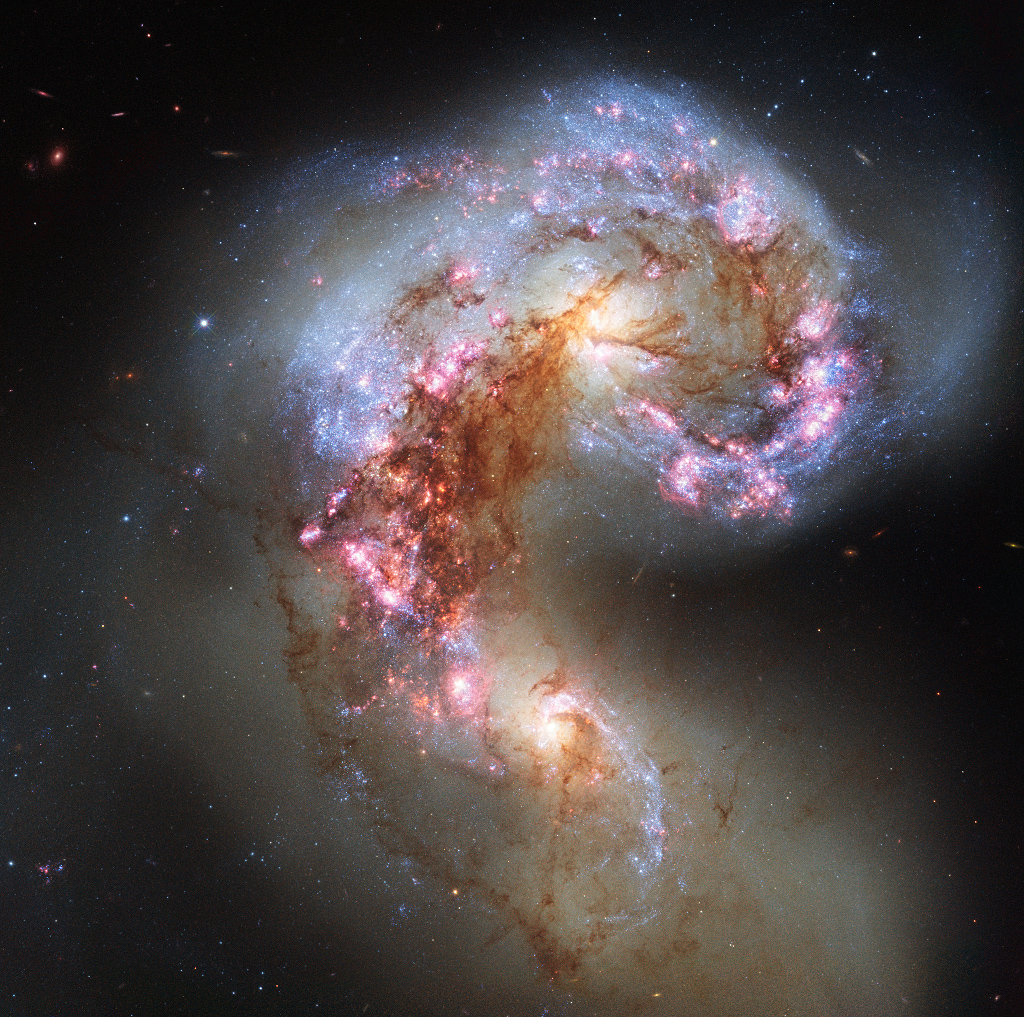In November of 2020, right around the US election, Master Li Junfeng, with whom I studied Sheng Zhen (a practice related to Qigong) while in Austin, offered an online meditation workshop for – if I remember right – 17 days in a row.
I signed up, even though it was at 6 am Pacific Time, since Master Li was in China and they were trying to set it for as reasonable as possible a time for people all over the world. And I made every class.
It was a very good decision, despite the fact that getting up to do something at 6 am is not one of my favorite activities. I sailed through all the election nail-biting and even lessened my pandemic anxiety.
I did keep it up for awhile, but since then I haven’t been all that regular with meditation. I’m trying to get back in the habit now. What with the election, the multiple climate-change-caused disasters, and the fact that even with sane people in our government we haven’t even come close to dealing with public health crises – not to mention what all this stress does to my blood pressure – I need to take time to breathe deeply and find my center every day.
I do Tai Chi daily, but I need the meditation as well.
I’m a bit eclectic at the kind of meditation I practice. I’ve picked up some Zen Buddhist techniques over the years. Master Li’s approach comes out of Taoism, I think. Some days I just focus on my breath. Other days I watch the Qi or Ki (depending on whether I’m channeling Chinese or Japanese practices) flowing through my body.
Sometimes I recite this verse that I believe I learned from a book by the Zen Master Thich Nhat Hahn:
Breathing in, I feel my body.
Breathing out, I smile.
Living in the present moment.
This is such a beautiful moment.
And sometimes I try to imagine all the elements of our planet – from the tectonic plates to the oceans to the forests to all the creatures and people – and then go on through the Solar System to the Milky Way to the Universe.
When I do that last version, I remember that I am a part of the universe, and so are all the microbes living inside me as well as everything around me.
I am a tiny speck of the universe and whatever happens or doesn’t happen to me is part of that whole. Continue reading “Embracing the Contradictions”…

 A confession: I like to read at bedtime. In this company, that’s nothing unusual. All the sleep hygiene experts say not to, that beds should be used for sleeping and only one other activity. What do they know? I find something deeply comforting about curling up with a good–but not too exciting–book. Perhaps it evokes memories of my mother reading aloud to me, or it’s just “me time.”
A confession: I like to read at bedtime. In this company, that’s nothing unusual. All the sleep hygiene experts say not to, that beds should be used for sleeping and only one other activity. What do they know? I find something deeply comforting about curling up with a good–but not too exciting–book. Perhaps it evokes memories of my mother reading aloud to me, or it’s just “me time.”